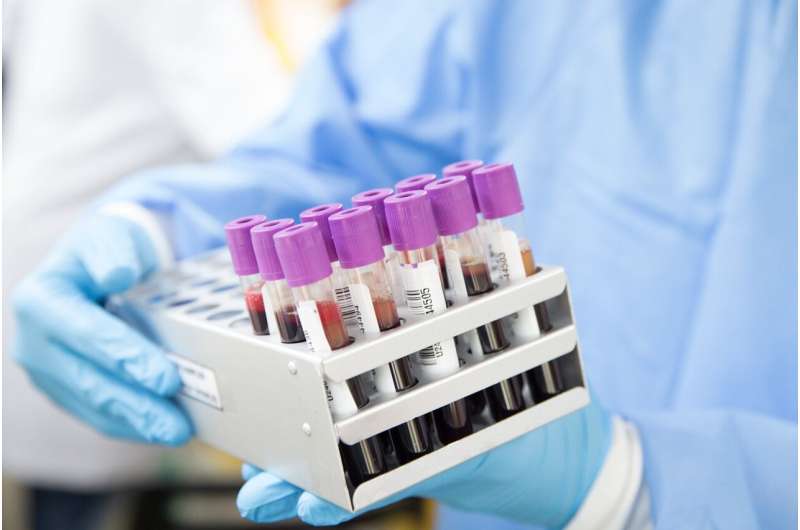Researchers wanted to know if a simple blood test would be easier and more accurate than a lumbar puncture (spinal tap), which currently is the only method to detect amyloid plaques. The lumbar puncture is invasive, and scans are limited in their availability. The use of blood tests has clear advantages over both of these methods; being less invasive, more straightforward for patients, easier to scale up and less costly.
Using samples from the biobank at the TUH Institute of Memory and Cognition, study lead, Dr. Adam Dyer, examined the performance of the new blood test.

